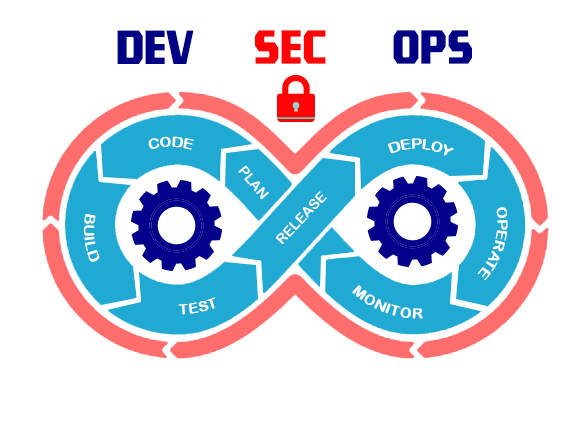In the fast-paced world of software development, DevOps has emerged as a critical methodology for driving agility, efficiency, and resilience. As we move through 2024, the importance of DevOps continues to grow, influencing how organizations deliver software, manage infrastructure, and foster collaboration between development and operations teams. This blog post explores the role of DevOps in modern software development and why it remains vital in today’s technology landscape.
1. Bridging the Gap Between Development and Operations
DevOps is more than just a set of tools or practices; it’s a cultural shift that emphasizes collaboration between development and operations teams. By breaking down silos, DevOps fosters a unified approach where both teams work together from the outset of a project. In 2024, this collaboration is essential for delivering software faster, with fewer errors, and ensuring that it meets both business and technical requirements.
2. Accelerating Time-to-Market
In today’s competitive environment, speed is everything. DevOps practices such as Continuous Integration (CI) and Continuous Delivery (CD) allow organizations to automate the software development lifecycle, reducing the time it takes to bring new features and products to market. In 2024, businesses that embrace DevOps can deploy code multiple times a day, respond quickly to customer feedback, and stay ahead of the competition.
3. Enhancing Quality and Reducing Risk
With DevOps, quality is built into the development process from the beginning. Automated testing, code reviews, and monitoring ensure that issues are identified and resolved early, reducing the risk of defects reaching production. In 2024, as software systems become more complex and interconnected, the ability to maintain high quality while minimizing risk is a significant advantage for organizations.
4. Improving Efficiency Through Automation
Automation is at the heart of DevOps. By automating repetitive tasks such as testing, deployment, and infrastructure management, DevOps frees up developers and operations teams to focus on more strategic work. In 2024, as businesses seek to do more with less, automation is crucial for maximizing efficiency and ensuring that teams can deliver value faster and more consistently.
5. Ensuring Resilience and Reliability
In an era where downtime can result in significant financial loss and reputational damage, resilience and reliability are paramount. DevOps practices like Infrastructure as Code (IaC) and automated monitoring enable organizations to build and maintain robust, self-healing systems. In 2024, the ability to quickly detect and recover from failures is essential for maintaining customer trust and ensuring business continuity.
6. Supporting Innovation and Experimentation
DevOps empowers teams to experiment, fail fast, and iterate quickly. By providing a framework for rapid deployment and feedback, DevOps encourages innovation and enables organizations to test new ideas without fear of failure. In 2024, as businesses seek to differentiate themselves through innovation, the ability to experiment and learn quickly is a key driver of success.
7. Adapting to a Multi-Cloud and Hybrid Environment
The rise of multi-cloud and hybrid cloud environments adds complexity to IT operations. DevOps practices help manage this complexity by providing standardized processes and tools that work across different cloud platforms. In 2024, as more organizations adopt multi-cloud strategies, DevOps becomes even more important for ensuring seamless integration, consistent performance, and cost-effective operations.
8. Cultivating a DevOps Culture
A successful DevOps transformation requires more than just adopting new tools and processes; it requires a cultural shift. In 2024, organizations are increasingly recognizing the importance of fostering a DevOps culture that values collaboration, continuous learning, and a shared responsibility for outcomes. This cultural shift not only improves the effectiveness of DevOps practices but also enhances employee satisfaction and retention.
Conclusion
As we progress through 2024, DevOps remains a critical methodology for organizations looking to deliver high-quality software at speed and scale. By bridging the gap between development and operations, accelerating time-to-market, and enhancing resilience, DevOps provides a framework for success in today’s dynamic and complex technology landscape. Whether you’re a startup or a large enterprise, embracing DevOps is key to staying competitive, innovative, and responsive in the years ahead.



